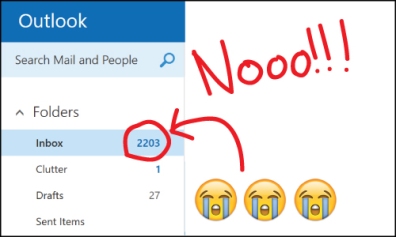Behind every great individual is a mentor who helped lead them to success. Think about it. Simba had Mufasa, Danielson had Mr. Miyagi, and Luke had Obi-Wan. The same is true in the stories of real-life heroes—Michael Jordan was mentored by coach Dean Smith, Thomas Jefferson was taught by George Mason, and Frank Sinatra was inspired by Bing Crosby. As a comm major who has the potential to change the world, you too have a mentor who is willing to help you become your best.
Who is my mentor?
As a comm student, you have already been assigned a full-time faculty mentor from the communication department. You can see who your assigned mentor is by clicking the “student” tab located in the dashboard of your BYU-I account. After clicking this tab, you will see your faculty mentor’s name along with the rest of your degree information on the right-hand side of the screen under the “Academic Summary” box.
What does my mentor do?
Your mentor is there to help you learn, develop and be successful throughout your career in studying communication at BYU-I. They are there to help you with anything you need, or to point you in the right direction if they themselves don’t have the answer. Here are a few specific ways in which your mentor can assist you.
- Help you choose an emphasis and module
- Help you with identify internships and potential career opportunities
- Work directly with you on your senior project
- Help you to know which classes to take and the best time to take them
- Answer questions about campus programs, societies, courses, degree requirements, etc.
How often should I meet with my mentor?
Overall, it’s really up to you how often you meet with your mentor. However, there are also a few mandatory meetings you will have, such as the one time you are required to meet with your mentor for part of your grade in COMM 100. You will also work closely and meet with them several times while in the process of completing your senior project. Other than these designated times, it is up to you to make the most of the valuable resource your faculty mentor can be.
Can I change my mentor?
Yes, you can change your mentor. To do this, you should first speak with the comm faculty member who you want to be your new mentor. Let them know you want to request them as your faculty mentor. You can then either visit the communication department office in Spori 229 or call the College of Business and Communication Academic Discovery Center to make the change official.
Although not required, it can be beneficial to select a faculty mentor who has experience in your desired emphasis. Here is a list of full-time faculty members within the communication department and the emphases they are associated with.
Advertising
• Jeff Hochstrasser
• Beth Hendricks
Organizational Comm./Advocacy
• Andra Hansen
• Eric Embree
• Brent Bean
• Robyn Bergstrom
News/Journalism
• Melissa Bair
• Lane Williams
Public Relations
• Mike Cannon
• Ward Hicks
Video Production
• Brian Howard
• Christian Mawlam
Visual Communication
• Caryn Esplin
• Eric Lybbert
• Cory Kerr
• Ben Pingel
Remember to always be respectful of your mentor and their time as they too have busy schedules. You should always act in a professional manner when meeting or communicating with your mentor.










